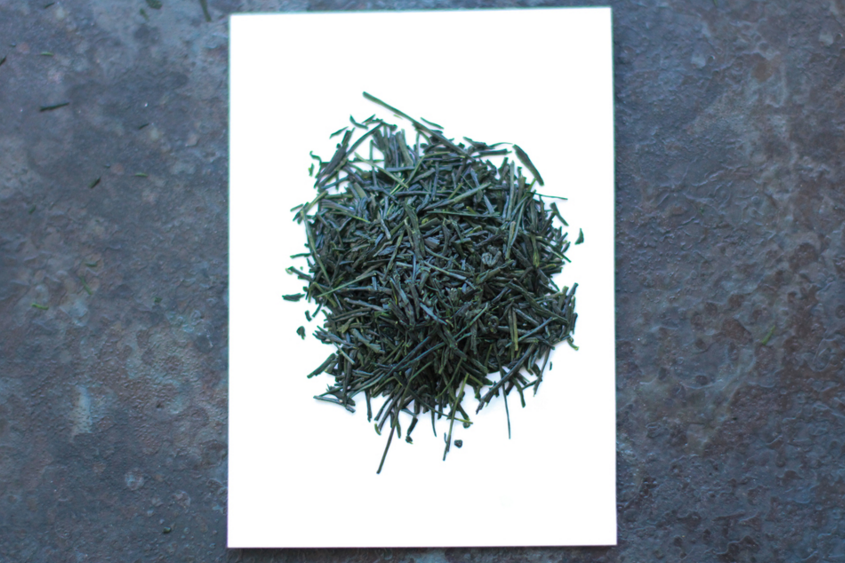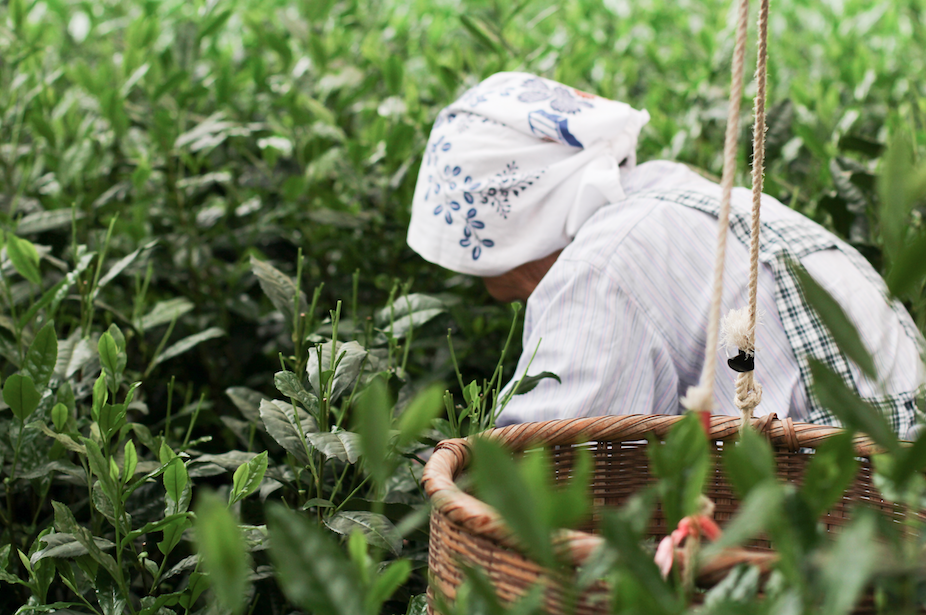The Story Behind ‘Pharma Bro’ Martin Shkreli’s $120 Cup of Tea

Gold Medal Sencha; Photo: Zach Mangan
Martin Shkreli, the 32-year-old “Pharma bro” who was arrested in December on charges of securities fraud, is no stranger to staggering price tags, so it shouldn’t be surprising that during a recent Tinder date, he ordered a $120 cup of tea.
Jacklyn Collier recounted the evening in a recent Washington Post essay, describing going out with Shkreli to Brushstroke, a lauded Japanese restaurant in Tribeca, NYC. As the Yahoo Food team passed around the cringe-worthy account, we all wondered: What’s up with that tea?
To find out, we tracked down Zach Mangan, a co-founder of Kettl, a company that sources the tea from Japan and sells it to customers and restaurants in the United States.
Mangan explained there are several reasons why the Gold Medal Sencha that Shkreli ordered is worth its weight in, well, gold.
Each year, the Japanese Ministry of Agriculture, Forestry, and Fisheries holds a national contest to award medals to the best producers in several food categories, including sake, rice, and types of green tea. The competition is highly structured — to be considered to be the best sencha or gyokuro (a variety that is grown in shade), producers from across the country grow the exact same varietal. Win or lose, growers can only produce 4 kilos of it (about 8.8 pounds) in order to not flood the market with rare tea. The teas are harvested in early May and painstakingly picked by hand.
MORE: Is This Ancient Tea the Next Kombucha?

A woman hand picking tea; Photo: Zach Mangan
Once a winner is named by the government, tea producers bid to be able to sell and distribute the tea from the grower.
Mangan, who has partnered with two Japanese businessmen for his tea company Kettl, believes they are the first to sell the tea outside of Japan, and has relied on personal networks to get access. He has happened to know the bid-winning producer the last two years, which is how the tea has made it to the United States.
“The volume is so low that it really depends so much on who you know,” Mangan says. “It’s the only way you’d be able to get this.”
MORE: Meet Matcha’s Umami Sister, Gyokuro
The scarcity creates hype in the tea connoisseur community, Mangan says, “but the taste and experience of drinking both of these products it is without compare.”
Gyokuro is shaded for 20 days of the growing process, which disrupts the plant’s ability to photosynthesize, creating a umami taste and buttery mouthfeel. Mangan describes drinking it as two focused lasers on the palate, one rich and savory and the other light and fresh. Sencha, the variety that Shkreli ordered, is a tea that is more exposed to the elements and creates a wider range of flavors, including mineral components and a sweetness, finished by a dry astringency.
At Brushstroke, they bring out the Gold Medal Sencha before brewing for the customer to smell. They use spring water from New York state, which Mangan says has the right mineral content to match well with tea, and heat it to 135 degrees so they don’t scorch the delicate leaves. After drinking, Brushstroke staff use the leaves to make a treat with ponzu sauce and sesame seeds, which is to be eaten.

Martin Shkreli shown during his arrest on security fraud charges; Photo: Splash News/Corbis
According to Collier’s account, Shkreli wasn’t picking up on any of those subtleties. “I’m not really a big tea drinker,” he told her after finishing.
MORE: Tea Primer — what Is Purple Tea, Green Tea, and More
Most teas at Brushstroke are in the $8 to $13 range, and Mangan explains that most who order the really expensive cups have thought about it ahead of time, and view it as a similar splurge as ordering a fine wine. Mangan has just secured some of this year’s gold medal winner, and as more customers demand it, has secured orders from New York restaurants Brushstroke, Atera, and Sushi Nakazawa.
After hearing about the amount of planning and detail that goes into that $120 cup, I asked Mangan if it bothers him to hear someone ordered it simply because it was expensive.
“It’s disappointing, there’s no question. But there are always going to be people who just want to buy something because it’s expensive,” he says. “You try and explain and set it up for the customer, you can show it to them, but you can’t drink it for them. It’s up to them, to say, ‘I get it’ or not. But these are my babies, I picked them out and want to share them and have them understood.”

